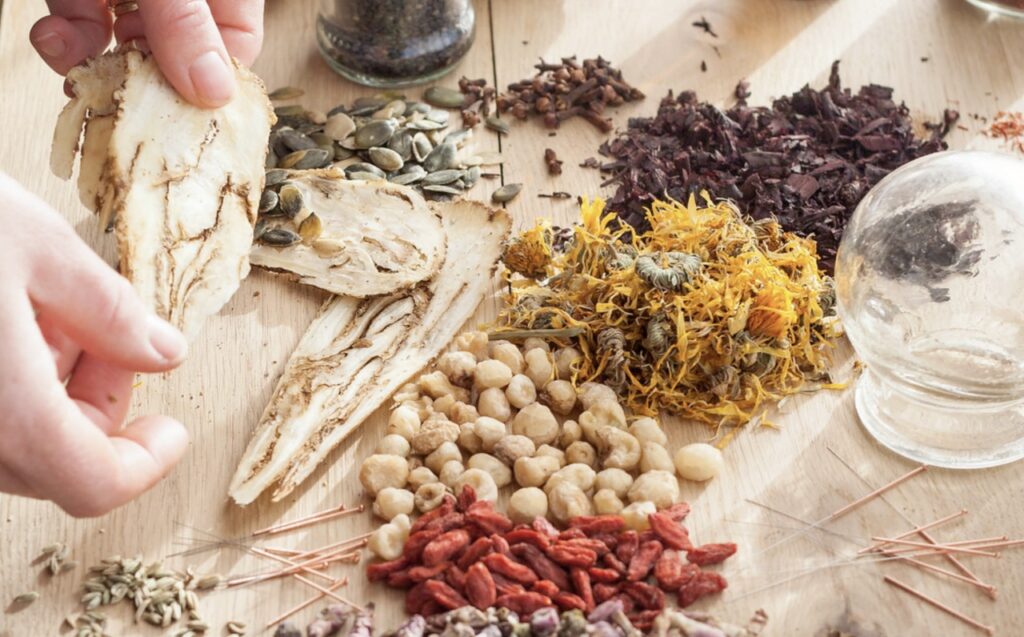In Chinese medicine, diabetes is known as thirst, and is thought to be caused by a deficiency of both qi and yin, with thirst referring to a wasting body and thirst referring to a desire to drink. Currently, there are a lot of patients with achalasia, but not all people have both achalasia and thirst, so the treatment must be based on the specific performance. Chinese medicine has unique characteristics in the treatment of thirst, and the use of Western medicine to reduce sugar can be very effective when combined with the use of Chinese medicine.
So how to cooperate with Chinese medicine to treat thirst?
1. Both symptoms of thirst are present
If the patient has both thirst and wasting at the same time, this is a case of long duration of the disease. Most of the wasting is accompanied by dry mouth and throat, dry skin, weakness and other signs of depletion of yin. There is no good treatment for this condition in Western medicine, but Chinese medicine has great advantages in nourishing yin, such as the use of nourishing yin and moistening dryness soup plus reduction, in which asparagus, maidenhair, sage and yu zhu are all herbs that have a good effect of nourishing yin and replenishing deficiency.
2. But the thirst does not subside
But the thirst does not subside means that the patient’s thirst is more obvious, but there is no obvious weight loss, the appetite is mostly normal, and the condition is not particularly serious. In the treatment, attention can be paid to replenish Qi and nourish Yin, which can be treated with the Chinese medicine of Yi Qi Gu Ben Tang, in which Huang Qi and other medicines can replenish Qi, Mai Dong and other medicines can nourish Yin, and Ge Gen can play the role of generating fluid to quench thirst. If the thirst is very obvious, then you can add dendrobium at your discretion.
3. But not thirsty
But not thirsty does not mean that there is no thirst performance, but the body wasting phenomenon is too prominent, the body is withered, the spirit is depressed, this is mostly the performance of the end stage of the disease, has injured the kidney essence, there is a deficiency of both qi, blood, yin and yang. In treatment, we should focus on tonifying the vital energy of the kidneys, the formula is Jin Kui Kidney Qi Pill plus or minus, Jin Kui Kidney Qi Pill is the Six Flavored Dihuang Pill based on the addition of two Chinese herbs, Gui Zhi and Fen Zi, if the kidney deficiency is more obvious, you can change the Gui Zhi to cinnamon.
4. Light thirst
Most of these patients can control their blood glucose at a more ideal level after taking western hypoglycemic drugs or using insulin treatment, but in Chinese medicine, the manifestation of deficiency of both qi and yin still exists, so they can also use Chinese herbal medicine to assist in treatment and reduce the dose of western medicine appropriately to avoid forming insulin dependence. Some people who are not used to drinking tonics can also drink Astragalus, Radix et Rhizoma Ginseng, Fructus Lycii and Rhizoma Polygonati as tea substitutes.
The majority of diabetes belongs to the thirst disease, in fact, in Chinese medicine, the scope of thirst disease is very broad, not only in Western medicine diabetes, most of the urinary disorders also have a large mouth thirst and urination performance, if the identification is accurate can also use these methods to assist in the treatment.
